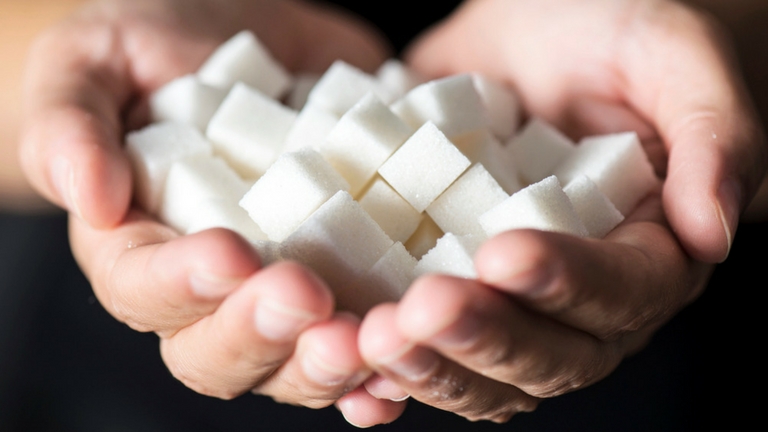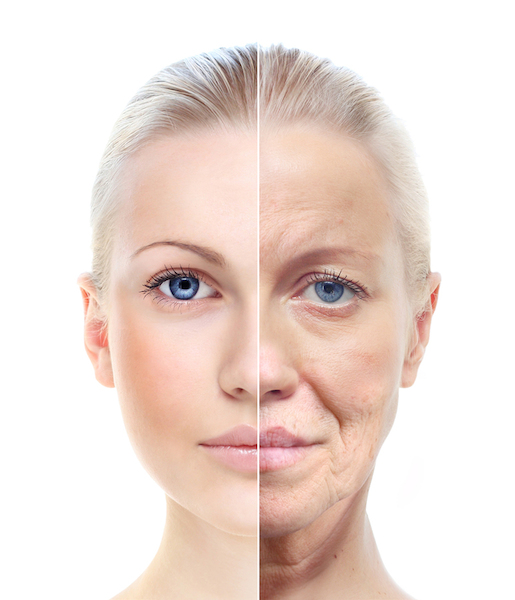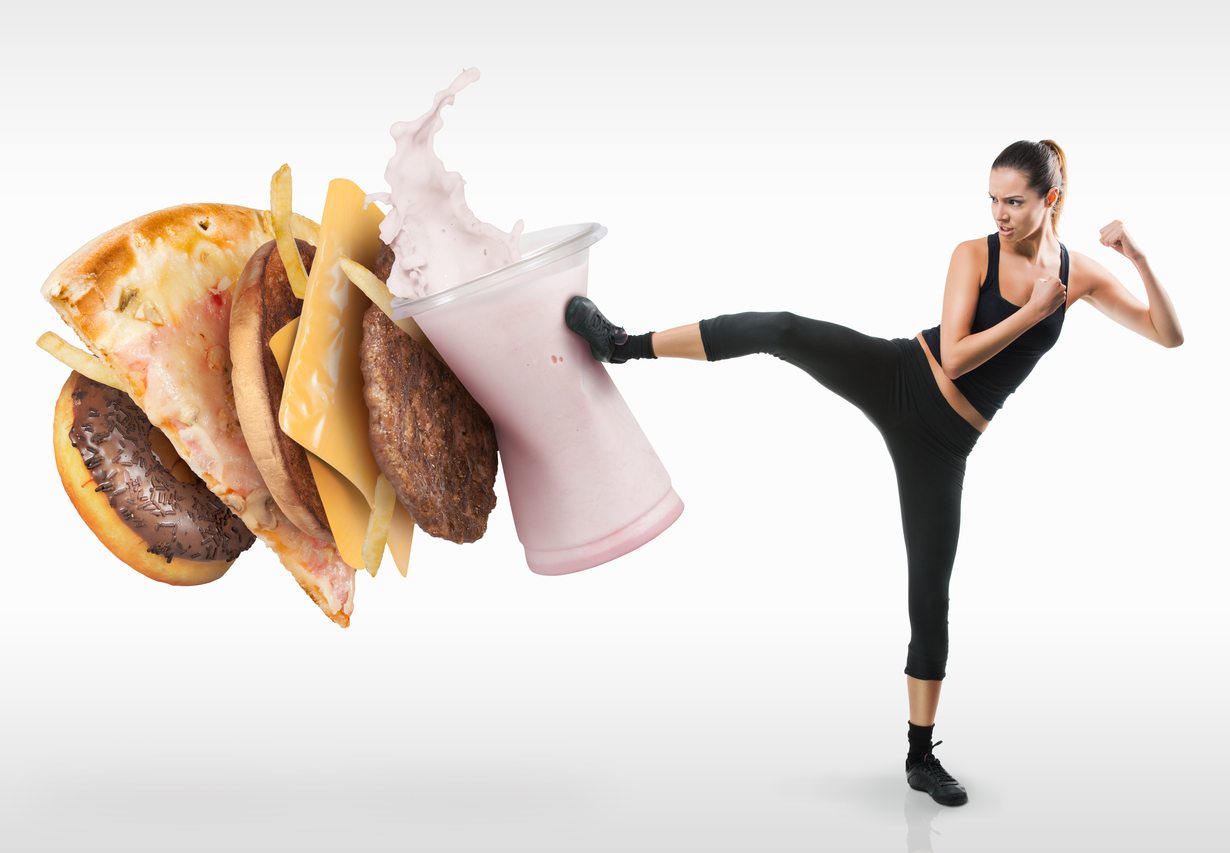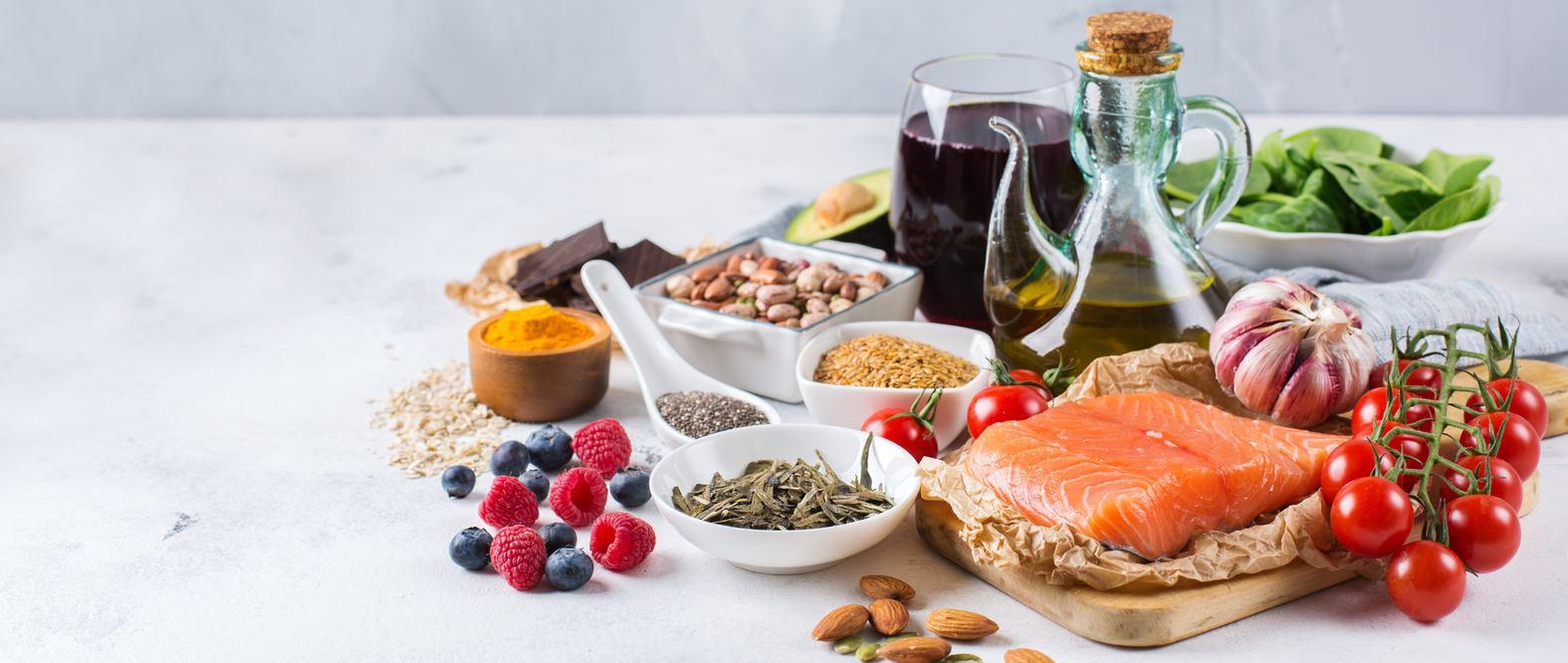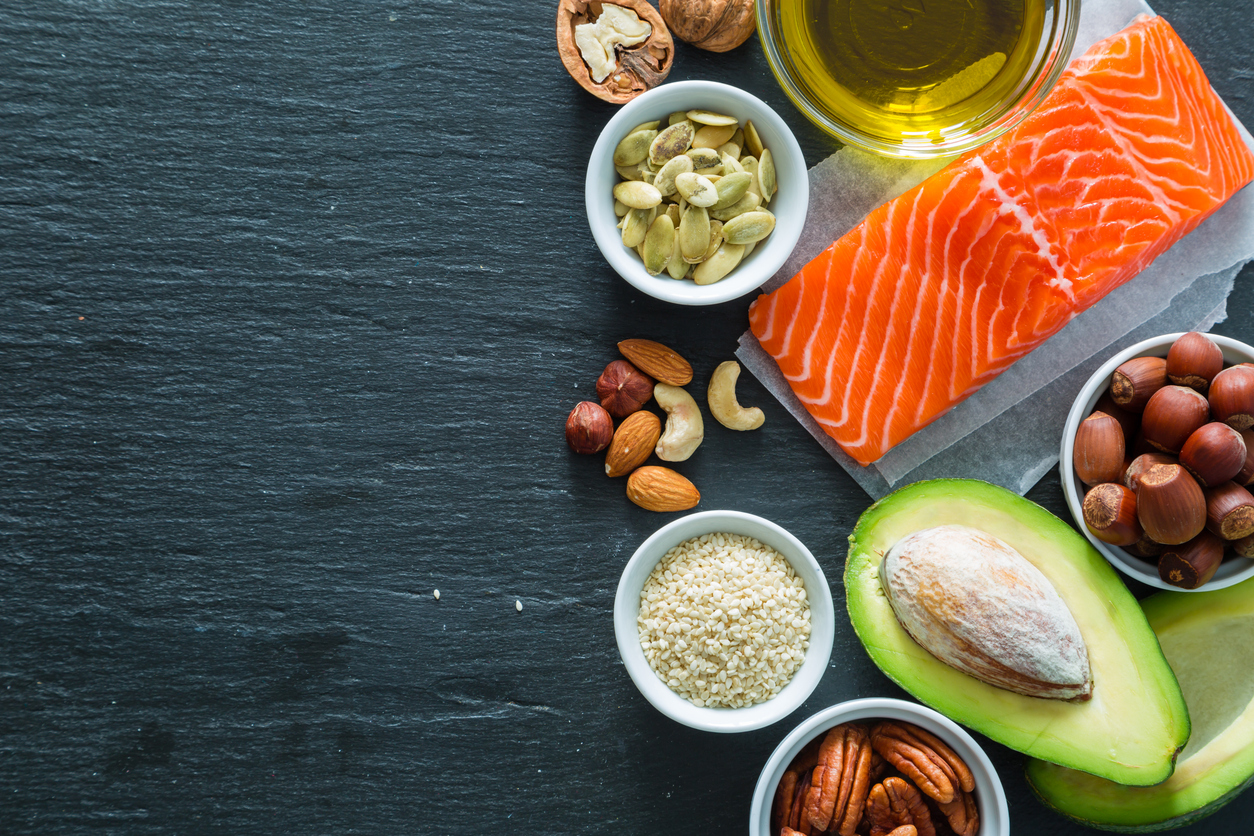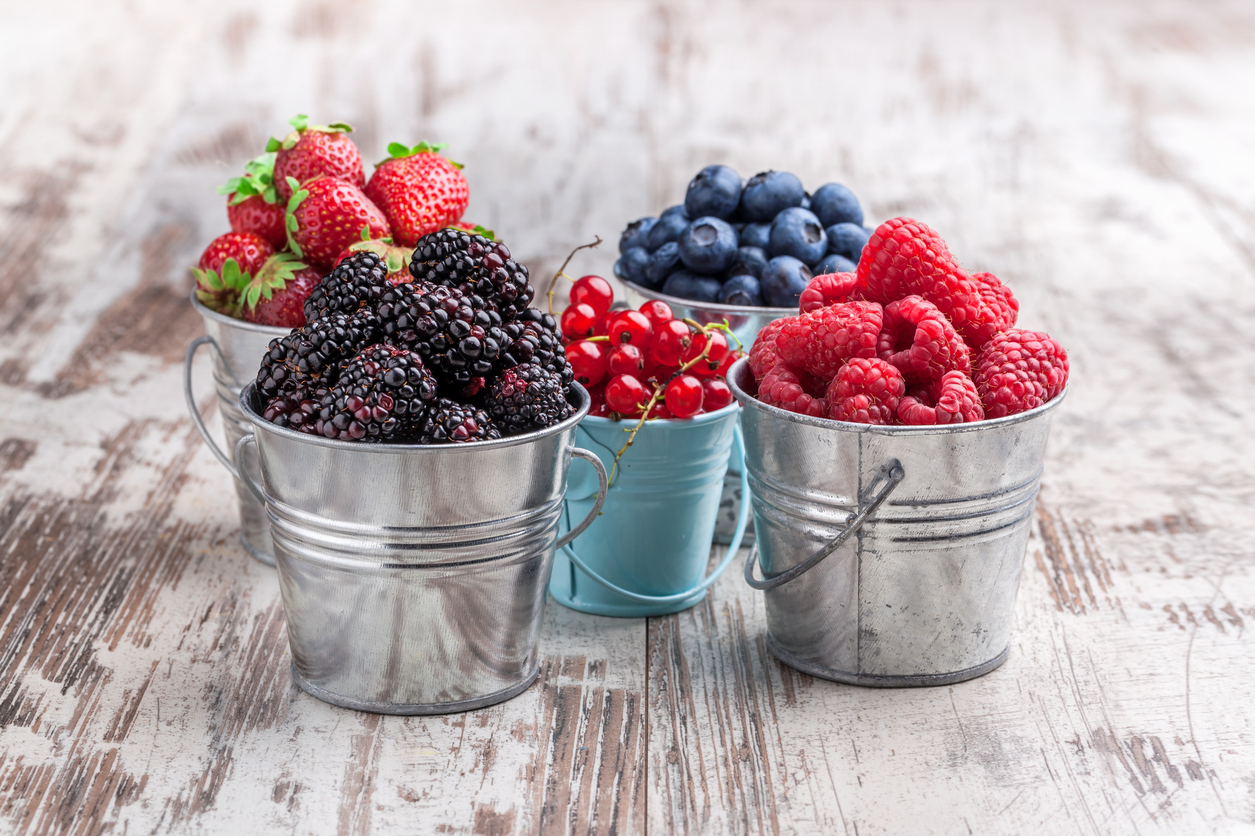As the sugar tax comes into effect today, we’re being bombarded with messages about sugar and our waistlines. But it can really age skin too, says Rick Hay
From Friday April 6th, a sugar tax will be applied to fizzy sugar drinks which could see their prices increase by up to 25 per cent. The idea is to deter people from consuming what has been shown to contribute to the nation’s growing obesity problem.
But there’s another problem with sugar’s effect that has nothing to do with weight. Having too much of it has been shown to age the skin.
How sugar makes you old
When you eat lots of sugar and refined carbohydrates such as white rice, bread and pasta, levels of blood sugar in the body become high and remain so. As a result, sugar molecules permanently bond to proteins, including the collagen in the skin – a process known as glycation. This produces a chemical reaction in the skin, that makes its surface more stiff and inflexible, leading to premature ageing making skin tougher and more wrinkled.
Glycation is damage to the skin from the inside due to the consumption of excess sugar. It results in the three signs of ageing that we don’t want – wrinkles, lines and discolouration. It can even lead to your skin becoming saggier as both collagen and elastin are damaged and become misshapen.
A study published in the Journal of the American College of Nutrition, in which researchers studied the diets of 453 adults living in different countries and found that those who consumed more fish, olive oil and legumes were less prone to wrinkles than those who ate more meat, butter, high fat dairy and sugar.
In particular, processed meat, soft drinks and pastries were associated with more skin wrinkling, while beans, green leafy vegetables, asparagus, nuts, olives, apples and pears were associated with less skin ageing.
Advanced glycation end products or (appropriate acronym of the century) AGEs not only cause protein fibers to become malformed they also contribute to connective tissue damage, chronic inflammation, heart disease and diabetes.
Diet and lifestyle choices can affect how quickly the effects of glycation can be seen on the skin so avoid a high glycemic load diet that’s high in sugar and refined carbohydrates, smoking, processed foods and meats, excess alcohol and foods that have been deep fried.
It’s all about limiting excess sugar intake and reducing both oxidative stress and oxidisation. Try too to stay away from high-fructose corn syrup as studies have shown that when this sweetener significantly increases the rate of glycation – it’s in fizzy drinks and many processed sweets.
The good news is that it that once a protein has been glycated it can be repaired. Here are some ways to protect your skin (and body) from a high sugar diet.
Follow a Mediterranean or Plant Based Diet
This type of diet focuses on fresh fruit and vegetables, whole grains and lean protein to reduce inflammation and provide high levels of the free radical fighting vitamin trio – A, C and E.
Both My Anti Ageing Food and Fitness Plan and free 30 day Lean Energy Weight Loss Programme are good options too as they combine the key anti glycation nutrient rich foods with simple exercise routines to help fight the glycation process and to help with weight management.
Eat more healthy fibre
Foods like chickpeas, lentils, beans and most vegetables are rich in fibre – this not only helps with digestive health but it also helps to regulate blood sugar levels which helps fight glycation. The more vegan and vegetarian dishes that you consume the better as these healthier options tend to have lower advanced glycation end products.
Drink green tea
You should drink a cup or two of green tea each day as this is a powerful skin protector that stimulates collagen production and consume more tomatoes as they are high in Lycopene which has an anti-glycation action. Right now, the Healthista team are loving Qi Green Tea plus.
Pharma Nord also do a quality Bio CLA plus Green Tea supplement.
Increase carnosine intake
You can increase dietary levels of the amino acid carnosine by consuming more fish, organic cheese and eggs. Carnosine is an amino acid that has been shown to protect against the damaging effects of AGEs. If you are vegan you might like to supplement with this glycation fighting amino acid.
Both beta-alanine and histidine are precursors to carnosine and these are found in pomegranates, alfalfa, carrots, celery, cucumber, endive, soya beans, salmon and garlic so stock up on these.
Consume more healthy fats
Other foods to consume to help tighten that saggy glycated skin includes avocados, mackerel, nuts, seeds, beans, squash and leafy greens. These foods are all anti inflammatory to which is an added bonus for the skin.
Remember that foods that are high in protein and fat like meat and foods that are high in fructose when cooked or heated produce more ageing glycotoxins.
Slow cook and cook at low temperatures
Cooking food at temperatures less than 120°C / 250°F also minimizes the formation of glycotoxins – try to steam, braise, poach or stew when possible.
Marinating foods in lemon juice or apple cider vinegar can help delay the reactions that lead to glycotoxin formation so may help when you are roasting, grilling or barbecuing.
Eat more berries and citrus
Brightly coloured AGE inhibiting berries are rich in fibre, antioxidants and vitamin C which can help with collagen cross linking. Collagen cross linking helps with skin firmness and can help to reduce the appearance of fine lines and wrinkles.
They also help to boost wrinkle fighting hyaluronic acid.
Healthista’s Glow Food formula can be added to smoothies or water to help boost your daily intake of anti ageing berries.
Grapefruit, oranges and tomatoes are good sources of naringenin – naringenin inhibits hyaluronidase which breaks down hyaluronic acid.
Eat more spices
Spices can also be of use to help fight ageing with turmeric, cinnamon, clove, ginger, garlic, oregano and all spice all having the ability to inhibit the production of AGEs thanks to their anti-inflammatory and immune boosting and blood sugar balancing properties.
Rick Hay is an Anti-Ageing and Fitness Nutritionist with many years clinical experience in nutrition, naturopathy, botanical medicine and iridology. He specializes in obesity treatment and weight management. He writes a regular Natural Health and Fitness Blog for Healthista. Find out more at rickhay.co.uk. Follow Rick on Twitter @rickhayuk
Rick Hays book the Anti Ageing Food and Fitness Plan is available to buy on Amazon.
WIN a 4-night spa detox worth £1750
Healthista is giving you the chance to win an incredible spa detox break worth £1750 with spa specialists The Body Retreat at their gorgeous Somerset venue. To enter, just take our 5-minute Gut Health survey
More from Rick Hay:
Anti Ageing Fitness Plan: Week 6
5 foods to keep your body young
5 foods to eat when you’re frantic
10 pre-exercise snacks that WON’T ruin your diet
FOOD is seven a day the new five a day?
HOW TO Choose a protein powder
Like this article? Sign up to our newsletter to get more articles like this delivered straight to your inbox.



